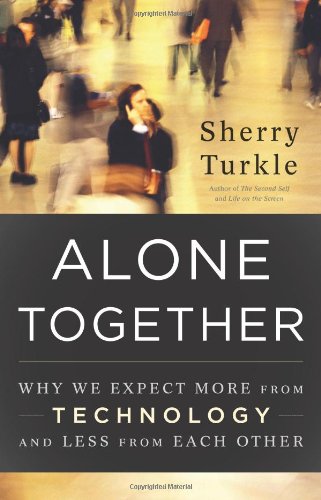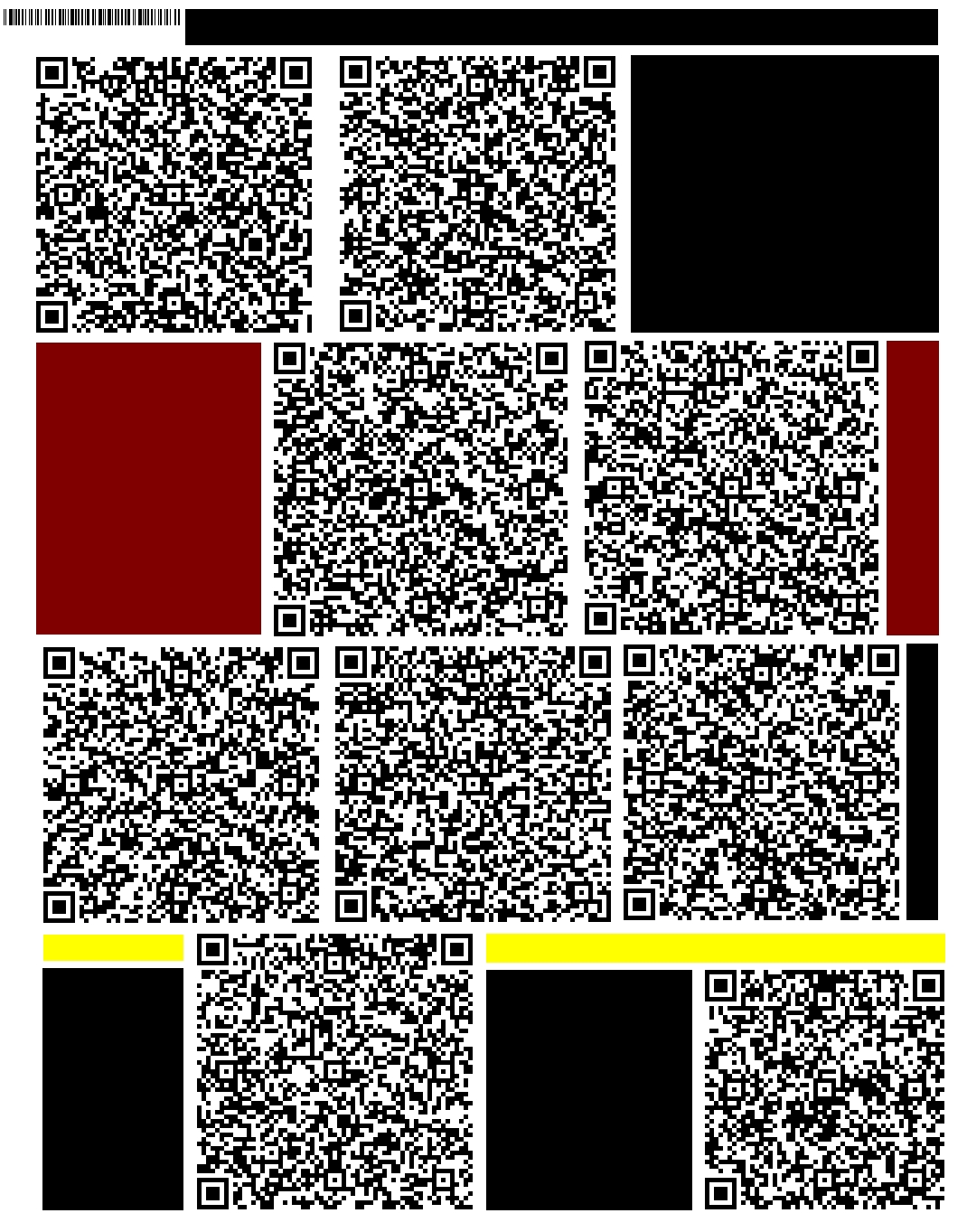I completed and successfully defended my Ph.D. dissertation in May 2018.
Category Archives: Internet Studies
Weekly responses to issues in internet infrastructure, culture, society, strategy, policy, and theory.
Research Updates
I’ve added new material to the site since the end of this 2012-2013 academic year:
- Field Statement (.DOC)
- Bibliography
Concepts and Critiques of Power
- Field Statement (.DOC)
- Bibliography
Dissertation Research
- Proposal (Draft, .PDF)
- Updated Bibliography
Internet Census
An anonymous researcher (one person though they use “we” throughout their documentation) has released the results of an extraordinary study. By temporarily constructing a botnet on openly available devices around the world, they were able to map usage of the global internet over IPv4 at a scope and level of detail that has no rival outside of proprietary network operations databases.
Continue reading

Internet – Lit Reviews – New Media, Old Media Reader
The essays that comprise this reader forage far and wide for fodder. This review cannot encompass the entire scope of their contributions, but in the same way that the collection provides an introductory overview of many crucial topics in internet (and related media/technology) studies, we can begin with a look at some highlights from the text, and then return later for more in-depth analysis and critique of other selections. Wendy Chun’s introduction to the volume does a more complete and thorough job of this than can a blog post. If we begin with a review of her piece, then, we get a good sense of the state of internet research as far as media studies are concerned. What emerges at the limits of this research, made clear by her analysis of the variations on political-economic, visual-cultural, archaeological, systemic, and aesthetic themes taken up by the contributors, is the mobilization of an opposition between continuity and rupture, in both historical and theoretical terms. In other words, media studies – especially new media studies – is founded on the claim that it can mediate between change and continuity.

Internet – Lit Reviews – Chun, Nakamura, Gitelman
Three writers who focus on the use and rhetoric of media, rather than on their inherent characteristics or their ethical valences, come together here. Wendy H. K. Chun demands that our attention to the social contexts of emergent technologies center on the political matters of force and sovereignty. Lisa Nakamura draws our attention to myriad, and structural, irruptions of old inequalities as manifested in ostensibly transcendent new media. And Lisa Gitelman pointedly reminds us, through a meticulous and engaging historiography, that what we call ‘new’ in media has older histories than we often care to admit, that all media were new once, and that any divergent practice or technology enters a complex set of other, perhaps related, media, in which nothing can be outgrown, only deprecated. Together, these thinkers provide good scholarship on which further research can be modelled, and provocative questions that demand further thought.
Continue reading

Internet – Lit Reviews – McLuhan, Manovitch
Whether one accepts straightforwardly deterministic speculation or not, whether one prefers to think the mind and the collective mind as functions of or factors in computing, we are bound by mediating forces. As the paragons of privileged speculation, Marshall McLuhan and Lev Manovich stand unchallenged as the sources for media and software theory in the United States. Their conceptual frameworks are most contentious when held against certain French thinkers’. McLuhan’s insight that all media contain as a message a prior medium finds a counterpoint in Regis deBray’s analysis of media as overlapping paradigms, rather than linear progressions. Manovich’s later contributions to software theory as a field in its own right takes as a direct target the archaeology of media as expounded by Michel Foucault, whose concentration on print and writing as valid archival data severely limits his historiographic impulses. But taking these two Anglo writers’ work on their own, we can unpack just where they stand, as well as their utility and inspiration for contemporary thought. Continue reading

Internet – Lit Review – Turkle
Turkle, Sherry. Alone Together. New York: Basic, 2011
It would be foolish to refute the core premise of Sherry Turkle’s third installment in her series on computers and people: technology – specifically, robots and computers – have taken on agency in their relationships to humans. Her anecdotal approach threads a compelling argument through selections from her psychoanalytic research that includes over 450 subjects, of all ages. In Turkle’s estimation, computers have become what occupies us, keeping us always tethered and networked, rather than remaining our occupational instruments. Likewise, her staunch humanism views the advent of robotics that go beyond artificial intelligence by performing social functions like caring and emotion as a pivotal “robotic moment” for our lives, and for our concepts of life as such. The stakes of being-human, on her account, are changing, and not necessarily for the better. Continue reading

Internet – Lit Reviews – Kittler, Lanier, Jenkins
Internet – Synthesis – Methods and Approaches
While composing the preliminary reviews of literature that surround this post (it being posted retrospectively – something pops up here about the instability of blog-time, no doubt) certain tendencies and distinctions among the many approaches to internet studies have cemented. As the time comes to distinguish my own approach and its component pieces from the existing ones, both those which contribute to it and those from which it makes more sense to distance ourselves, a synthesis of those reviews comes into form. Tracing those groups in the literature that hang together, marking the details and purposes and focus of the ongoing project, and then arguing for the validity of a fresh approach and method, this post will form a temporary holding point en route to the field statement’s proposal and procedure. But we begin just by restating the themes of the semester so far.
Continue reading
